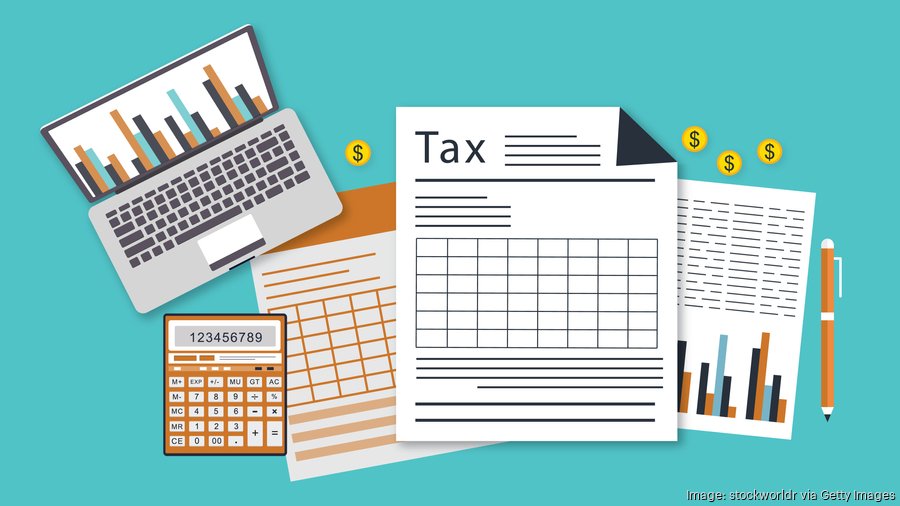Listen to this article 4 min
The IRS is rejecting more than 20,000 Employee Retention Credit applications as part of an overhaul on how it oversees the Covid-19-era small-business tax credit.
The so-called “disallowance letters” are going to those that claimed the credit for entities that did not exist or did not have paid employees during the eligibility period, in order to ensure ERC payments are not sent to those ineligible for it. And the agency made it clear more are on the way.
"With the aggressive marketing we saw with this credit, it's not surprising that we're seeing claims that clearly fall outside of the legal requirements," said IRS Commissioner Danny Werfel. "The action we are taking today is part of an initial set of steps in our compliance work in this area, and more letters will be going out in the near future, including both disallowance letters and letters seeking the return of funds erroneously claimed and received."
This latest action comes after the IRS declared a moratorium on accepting any new claims for the ERC on Sept. 14 through at least the end of this year, citing extensive issues with fraudulent applications. The IRS said Oct. 19 it had officially created a special withdrawal process for businesses that submitted an ERC application but have yet to receive any money.
And while IRS Commissioner Danny Werfel said during a recent conference the agency was revamping its approach to the ERC and intends to reopen it for fresh applications soon, business owners are still left with a ticking clock and no sure date for when the agency will once again take applications.
The IRS has said repeatedly the program — expanded several times by Congress during the Covid-19 pandemic — had fallen prey to scammers and online "mills" that encourage small-business owners to apply for the credit, even if they don't qualify, while pocketing a percentage upfront in fees. As of July 31, the IRS had initiated 252 investigations involving over $2.8 billion of potentially fraudulent ERC claims. Of those, 15 have resulted in federal charges. Of the 15 federally charged cases so far, six matters have resulted in convictions and four have reached the sentencing phase, with the average sentence being 21 months.
"As we continue our audit and criminal investigation work involving the Employee Retention Credits, we continue to urge people who submitted a claim to review the rules with a trusted tax professional," Werfel said. "If they filed an inaccurate claim, we urge them to consider withdrawing their pending claim or use the upcoming disclosure program to repay improper refunds to avoid future action."
Those that received a disallowance letter and disagree with it can respond with the documentation they believe supports their eligibility for the credit or the claim amount, or they can file an administrative appeal, the IRS said. The letters are geared toward identifying ineligible claims before they are paid so that taxpayers can avoid audits, repayment penalties and interest, and ensure tax-credit refunds don't go to the promoter.
"Plans are also being finalized for a special voluntary disclosure program involving ERC claims that will be announced later this month," the IRS said in a statement. "The IRS is also continuing to review ERC claims and may request more information from taxpayers to support their ERC claim."
How to withdraw an ERC claim
To take advantage of the claim withdrawal procedure, taxpayers should follow the special instructions at this link. The IRS said it will continue to process ERC claims made before Sept. 14 but warned the processing times will be longer as they review them for fraud. That means a standard processing time of 90 days will double to 180 days or longer.
The IRS laid out some additional guidelines for a withdrawal request. Small-business owners that used a professional payroll company to file their claim must consult with that payroll company, the IRS said. That company must then submit the withdrawal request. Business owners who have been notified they are under audit can send their withdrawal request to their assigned examiner or in response to the audit notice if no examiner has been assigned, the IRS said.
Those who have received a refund check but have not cashed it or deposited it can still withdraw their claim by mailing the voided check alongside their withdrawal request.
ERC deadline in 2024
The first deadline for small businesses to apply for the potentially lucrative credit is April 15, 2024. That filing deadline is for the second, third and fourth quarter of 2020 while businesses can apply for the ERC for 2021 quarters by April 15, 2025.
Meanwhile, the agency has seen its backlog of quarterly federal tax returns for employers, the 941 and 941-X — returns that may include ERC claims — grow since the moratorium went into place in September. As of Nov. 30, there were about 829,000 unprocessed forms for the 941 and about 1.01 million forms for the 941-X.
Businesses could potentially receive up to $26,000 per full-time employee from the ERC, although that's not common. You can find more details about qualifying for the ERC here.
Want more stories like this? Sign up for The Playbook newsletter — a weekly roundup of news and insights to help grow and defend your business.





